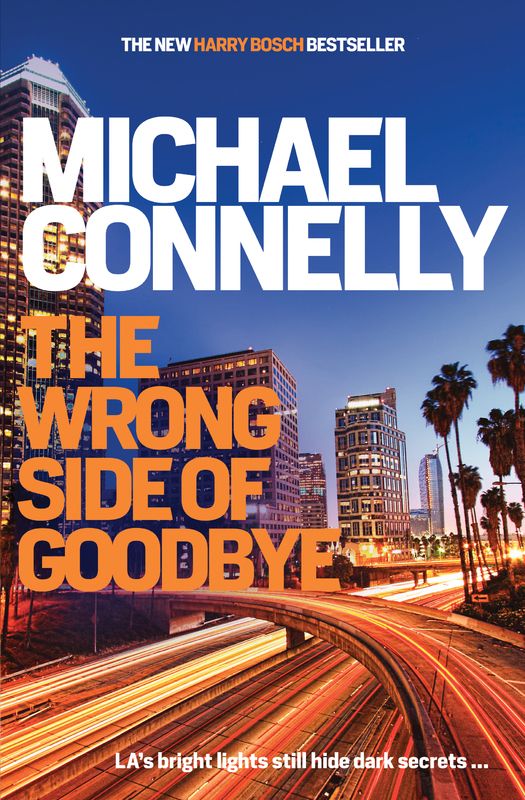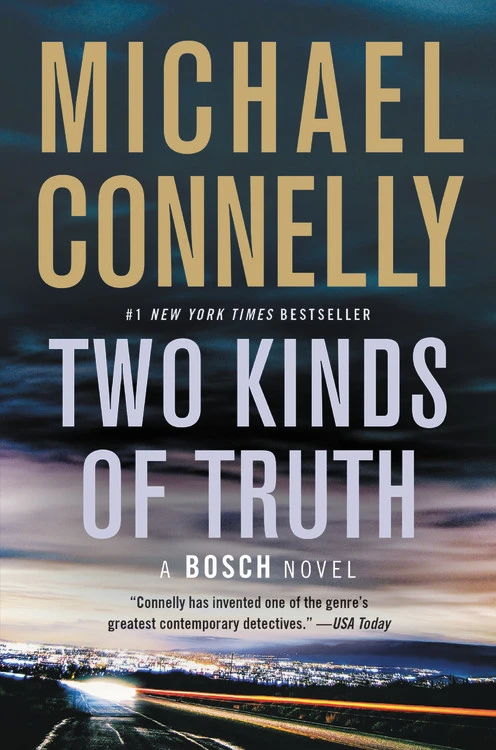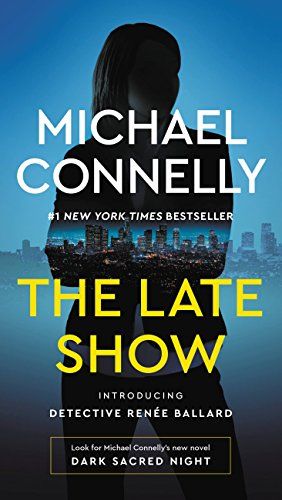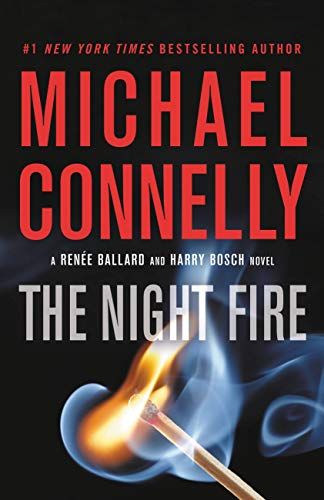What are you reading now?
-
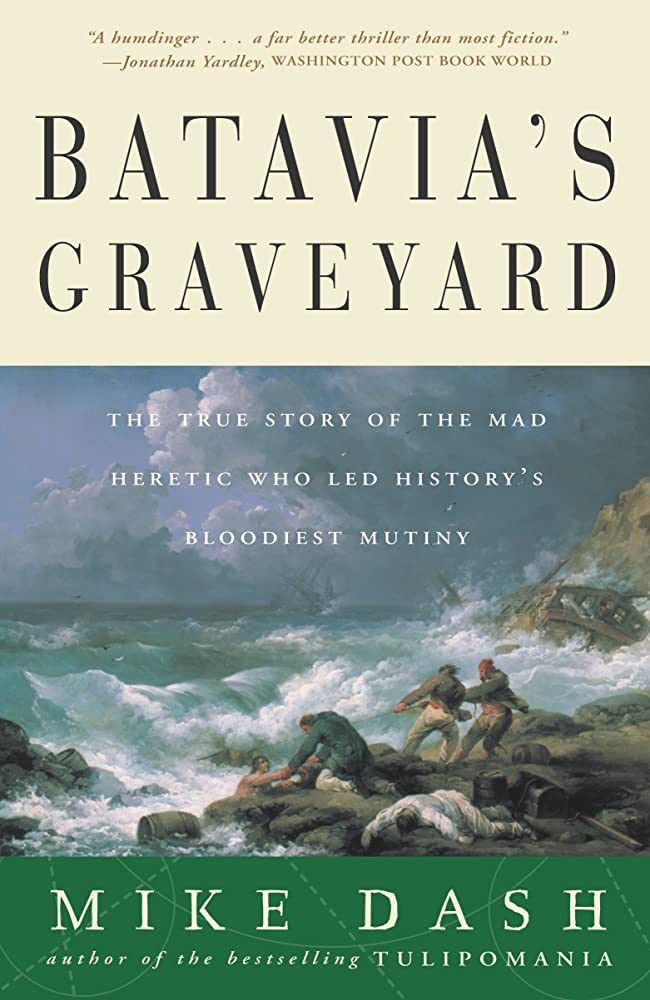
From one sea yarn to another
I must have been a sailor in another lifetime
@bachophile said in What are you reading now?:

From one sea yarn to another
I must have been a sailor in another lifetime
I really liked this book. i thought it was very descriptive and made me feel like I was there. (Kind of an eew description of the toilet facilities on board. LOL)
-
Really unbelievable story. Psychopaths existed also in the 17th century.
-
It’s a very detailed history and u can get hung up on the Dutch names. But fascinating.
Now my next book,
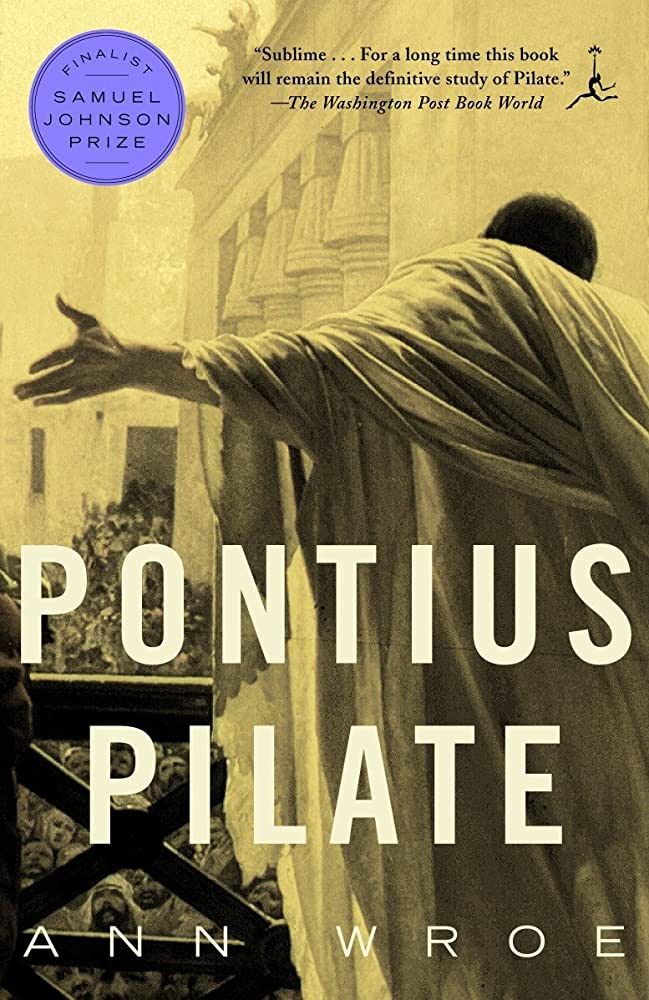
-
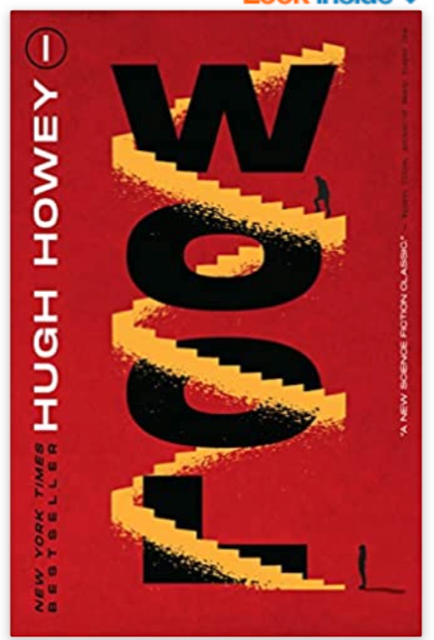
The story of Wool takes place on a post-apocalyptic Earth.[6] Humanity clings to survival in the Silo, a subterranean city extending 144 stories beneath the surface. The series initially follows the character of Holston, the sheriff of the Silo, with subsequent volumes focusing on the characters of Juliette, Jahns, and Marnes. An ongoing storyline of the series focuses on the mystery behind the Silo and its secrets. Shift encompasses books six through eight and comprises a prequel to the series. Book nine, Dust, pulls the storylines together.
Several studies frame the story within the dystopian genre since Howey includes several of the main features of that type of literature, i.e., a totalitarian rule, a rebellion of the main characters, or a planned separation between human areas and wild natural spaces.
4.5 stars out of 38,000 reviews.
Apple TV+ just started this as a series. I thought I'd give it a read before diving into the series. I'm only a bit into it, but it's a fun read.
That is if dystopian sci-fi is your idea of "fun."
@George-K said in What are you reading now?:

The story of Wool takes place on a post-apocalyptic Earth.[6] Humanity clings to survival in the Silo, a subterranean city extending 144 stories beneath the surface. The series initially follows the character of Holston, the sheriff of the Silo, with subsequent volumes focusing on the characters of Juliette, Jahns, and Marnes. An ongoing storyline of the series focuses on the mystery behind the Silo and its secrets. Shift encompasses books six through eight and comprises a prequel to the series. Book nine, Dust, pulls the storylines together.
(I'm going slowly)
This is, IMO, one of those books that does better as a TV series. The concept is utterly fascinating, but after about ¼ of the book, the concept wears a bit thin. The characters are a bit two-dimensional, and there's a lot, and I mean a lot, of pointless adventure that doesn't propel the storyline.
I may pick up the 2nd book of the series (which is actually a prequel) just to suss out the backstory of how the silos came to be, etc. However, I'm not all that sure I will.
That said, I'm ashamed to say that I've never read this, and I'm queuing it up next.
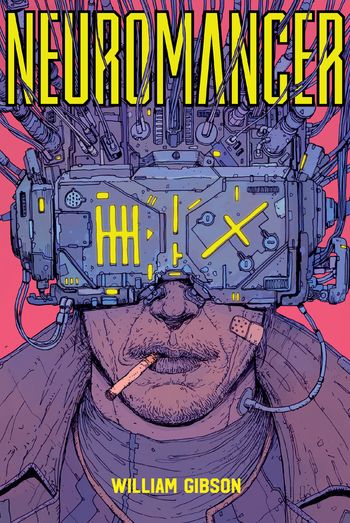
-
@George-K
I just read Black Echo.
On to Black Ice. -
“Haller answered with what Bosch would describe as a reluctant grunt.
“It’s Bosch. I wake you?”
“No, man, I’m awake. I usually don’t answer blocked calls this early. It’s usually one of my clients saying, ‘Mick, the cops are knocking on my door with a warrant, what do I do?’ Stuff like that.”
“Well, I got a problem, but a little different.”
“My brutha from another mutha, what’s wrong? DUI?”
Haller was fond of the line and said it every time, always employing a half-assed impression of the Texas-bred Matthew McConaughey, the actor who had played him in a movie six years earlier.” -
“Haller answered with what Bosch would describe as a reluctant grunt.
“It’s Bosch. I wake you?”
“No, man, I’m awake. I usually don’t answer blocked calls this early. It’s usually one of my clients saying, ‘Mick, the cops are knocking on my door with a warrant, what do I do?’ Stuff like that.”
“Well, I got a problem, but a little different.”
“My brutha from another mutha, what’s wrong? DUI?”
Haller was fond of the line and said it every time, always employing a half-assed impression of the Texas-bred Matthew McConaughey, the actor who had played him in a movie six years earlier.”@George-K said in What are you reading now?:
“Haller answered with what Bosch would describe as a reluctant grunt.
“It’s Bosch. I wake you?”
“No, man, I’m awake. I usually don’t answer blocked calls this early. It’s usually one of my clients saying, ‘Mick, the cops are knocking on my door with a warrant, what do I do?’ Stuff like that.”
“Well, I got a problem, but a little different.”
“My brutha from another mutha, what’s wrong? DUI?”
Haller was fond of the line and said it every time, always employing a half-assed impression of the Texas-bred Matthew McConaughey, the actor who had played him in a movie six years earlier.”That's referential at its finest.

At the end of the Black Echo re-print, there was an interview with Connelly and Welliver. Two interesting things:
- Connelly admitted that the movie and TV adaptations of his novels have greatly influenced the novels that were written afterward.
- Titus Welliver doesn't like giving his own name at Starbucks because whenever he does and they yell his name out, everyone in the place turns their head to see who the person is that's named "Titus." So he always says it's for Harry.
-
I'm on another Bosch kick, as if you haven't noticed.
Started this today:
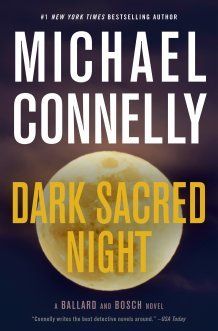
It's the 2nd "Renee Ballard" book, but in the first few chapters, Bosch makes an appearance. I haven't read the 1st Ballard book (yet), but I wanted to dive into this because it's a followup on what happened in "Two Kinds of Truth" - Harry searches for Daisy's murderer.
Renée Ballard is working the night beat again, and returns to Hollywood Station in the early hours only to find a stranger rifling through old file cabinets. The intruder is retired detective Harry Bosch, working a cold case that has gotten under his skin. Ballard kicks him out, but then checks into the case herself and it brings a deep tug of empathy and anger.
Bosch is investigating the death of fifteen-year-old Daisy Clayton, a runaway on the streets of Hollywood who was brutally murdered and her body left in a dumpster like so much trash. Now, Ballard joins forces with Bosch to find out what happened to Daisy and finally bring her killer to justice.
-
I'm on another Bosch kick, as if you haven't noticed.
Started this today:

It's the 2nd "Renee Ballard" book, but in the first few chapters, Bosch makes an appearance. I haven't read the 1st Ballard book (yet), but I wanted to dive into this because it's a followup on what happened in "Two Kinds of Truth" - Harry searches for Daisy's murderer.
Renée Ballard is working the night beat again, and returns to Hollywood Station in the early hours only to find a stranger rifling through old file cabinets. The intruder is retired detective Harry Bosch, working a cold case that has gotten under his skin. Ballard kicks him out, but then checks into the case herself and it brings a deep tug of empathy and anger.
Bosch is investigating the death of fifteen-year-old Daisy Clayton, a runaway on the streets of Hollywood who was brutally murdered and her body left in a dumpster like so much trash. Now, Ballard joins forces with Bosch to find out what happened to Daisy and finally bring her killer to justice.
@George-K said in What are you reading now?:
I'm on another Bosch kick, as if you haven't noticed.
Started this today:

It's the 2nd "Renee Ballard" book, but in the first few chapters, Bosch makes an appearance. I haven't read the 1st Ballard book (yet), but I wanted to dive into this because it's a followup on what happened in "Two Kinds of Truth" - Harry searches for Daisy's murderer.
No it's not just the intro chapters. Every Ballard book is about 50/50.
-
@George-K said in What are you reading now?:
I'm on another Bosch kick, as if you haven't noticed.
Started this today:

It's the 2nd "Renee Ballard" book, but in the first few chapters, Bosch makes an appearance. I haven't read the 1st Ballard book (yet), but I wanted to dive into this because it's a followup on what happened in "Two Kinds of Truth" - Harry searches for Daisy's murderer.
No it's not just the intro chapters. Every Ballard book is about 50/50.
-
@George-K said in What are you reading now?:
@Aqua-Letifer said in What are you reading now?:
Every Ballard book is about 50/50.
Ahh...
How are the Audio versions of these?
-
@George-K said in What are you reading now?:
@Aqua-Letifer said in What are you reading now?:
Every Ballard book is about 50/50.
Ahh...
How are the Audio versions of these?
@LuFins-Dad said in What are you reading now?:
How are the Audio versions of these?
The later Bosch books are read by Welliver. They're good.
-
@LuFins-Dad said in What are you reading now?:
How are the Audio versions of these?
The later Bosch books are read by Welliver. They're good.
@George-K said in What are you reading now?:
@LuFins-Dad said in What are you reading now?:
How are the Audio versions of these?
The later Bosch books are read by Welliver. They're good.
The earlier ones narrated by Dick Hill are very good, but he does interpret the characters different from the shows (or from Welliver). But they're solid.
There's a third guy who sucks, though.
-
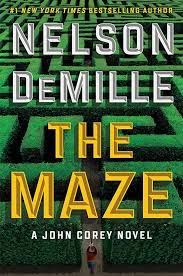
If u know the John Corey series, this is the latest installment. Very New York. The usual John Corey sarcasm.
Actually and by amazing coincidence, it just came out before the gilgo beach murderer was arrested. The book fictionalizes that case.
-
I’ve got two audiobooks going, I’m switching back and forth depending on the background task. The Shirer requires a bit more attention be paid.
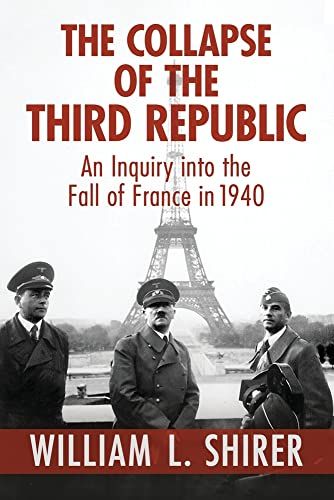
I have read his Rise and Fall of the Third Reich I believe 3 times. Like that book, this is also quite interesting and informed by his personal experiences as he lived in Paris from 1925 until the early 30s, and then later when he had to leave Germany.
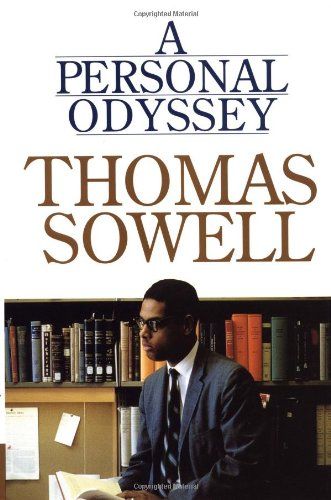
This is a good casual read, he’s had an interesting life.
